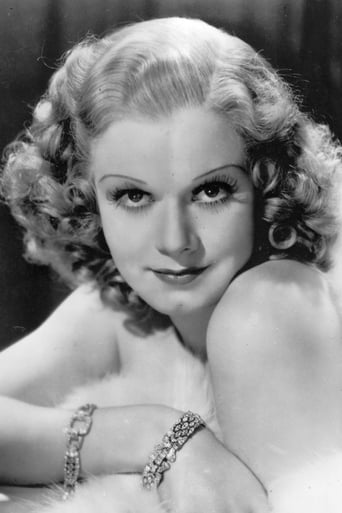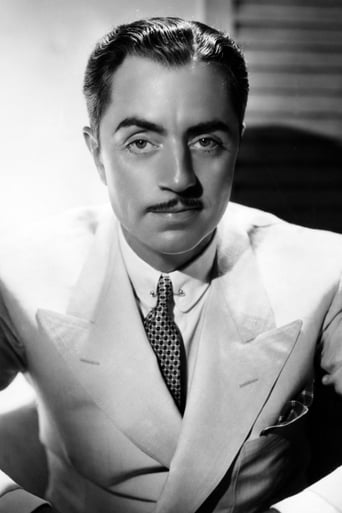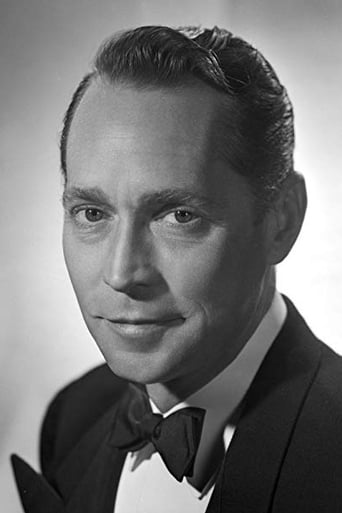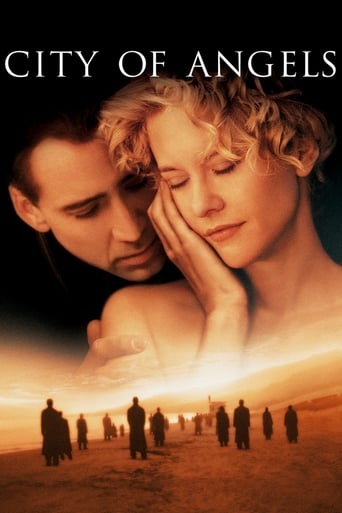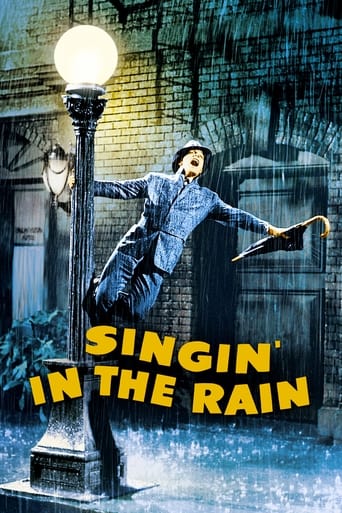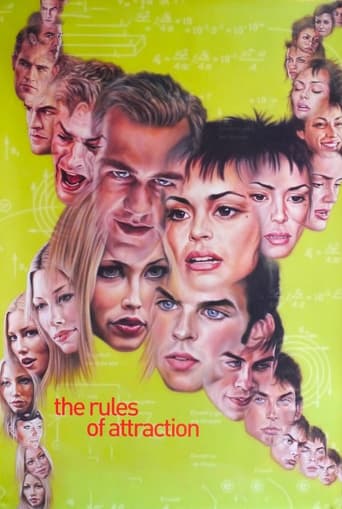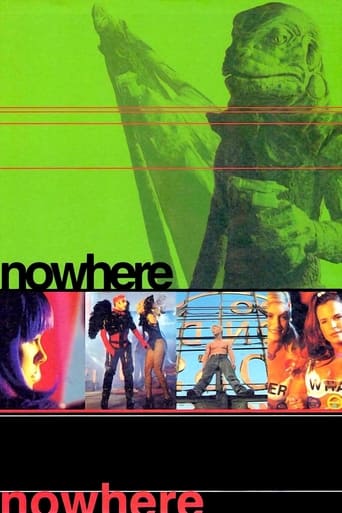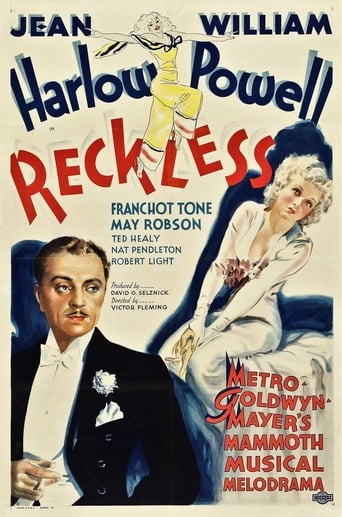
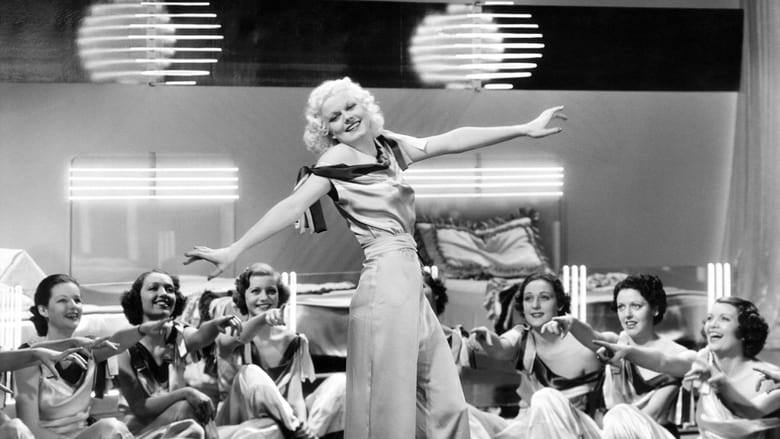
Reckless (1935)
A theatrical star, born on the wrong side of the tracks, marries a drunken blue-blood millionaire.
Watch Trailer
Cast
Similar titles

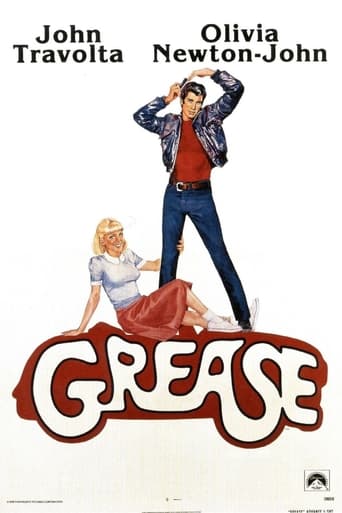

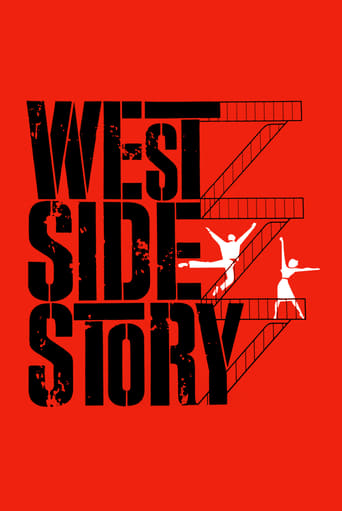
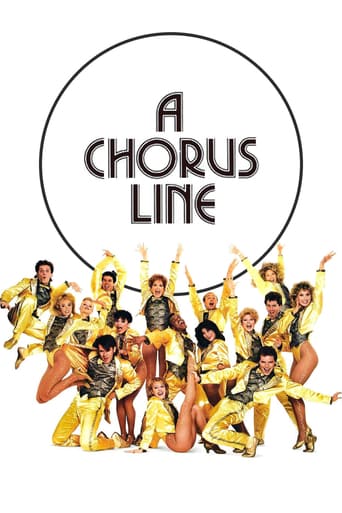
Reviews
everything you have heard about this movie is true.
There are better movies of two hours length. I loved the actress'performance.
The film makes a home in your brain and the only cure is to see it again.
This is a gorgeous movie made by a gorgeous spirit.
RECKLESS (Metro-Goldwyn-Mayer, 1935), directed by Victor Fleming, is an odd little title for a movie classified as a musical for that there's no reckless driving involved nor reckless living to classify its story. It is, however, a title tune for a production number delivered by the studio's platinum blonde bombshell, Jean Harlow (1911-1937). For Harlow starring in a backstage story where she gets to "sing" and dance, one would expect a sort of "gold digger" theme involving three sassy Broadway show girls (possibly Harlow, Una Merkel and Patsy Kelly) out to nab some rich husbands. Instead, RECKLESS is very much Harlow's as the center of attention for a scripted story by Oliver Jeffries supposedly based loosely on the life and incidents of an actual entertainer named Lilly Holman.Set on Broadway in the Great White Way, Ned Riley (William Powell), is introduced as a sports promoter staying at the 43rd Street Hotel with his assistants, Blossom (Nat Pendleton) and Smiley (Ted Healy). His sleep is interrupted by the arrival of Granny (May Robson) coming to Ned to have him raise bail for her granddaughter, stage star Mona Leslie (Jean Harlow), who's being held on a reckless driving charge at the House of Detention for Women. Ned, being Mona's agent and discoverer, arranges her release in time for the upcoming charity benefit, only to discover the stage show arranged by millionaire playboy, Bob Morrison Jr. (Franchot Tone), who has bought every seat in the theater so he could be the only one to watch Mona perform. Later, Mona becomes romantically involved with Bob. They eventually elope, much to the chagrin of Bob's father (Henry Stephenson), having high hopes for his son marrying Josephine Mercer (Rosalind Russell), his childhood sweetheart. Though Josephine comes to like Mona, the rest of Bob's family and friends prove otherwise, making her feel like an outsider. After Josephine marries Ralph Watson (Leon Ames, billed as Leon Waycoff), Bob realizes the error in his ways, leading to tragedy involving Mona's custody battle over her baby and attempt of a theatrical comeback to a very unruly audience.In the listing of players credited (in order of appearance rather than the standard billing), there's Mickey Rooney as Eddie, a little boy briefly seen in two scenes with William Powell; Robert Light (Paul Mercer, Josephine's brother); James Ellison (Dale Eberly); Charles Middleton, Harold Huber and Charles C. Wilson. There's also famous wrestlers of the day, Man Mountain Dean, Hans Steinke and Ernie Hayes, appearing as themselves. Look quickly for Allan Jones (singer) and Margaret Dumont (woman in audience), best known for their major supporting performances opposite the Marx Brothers in A NIGHT AT THE OPERA (MGM, 1935) each taking time away from that comedy classic in cameo appearances. Songs featured in this production include: "Reckless" (by Jerome Kern and Oscar Hammerstein/ Ensemble: Jean Harlow, Allan Jones, Carl Randall and Nina Mae McKinney); "Everything's Been Done Before" (sung by Allan Jones); "Cyclone" (dance number); "Here's What My Heart is Saying" and "Reckless." Though Harlow sings, her vocalization is obviously dubbed with choreography lavish scale but forgettable. Interestingly, the "Reckless" number was selected in part of its musical segment profiled for the documentary on MGM musicals titled THAT'S ENTERTAINMENT (1974).The problem about RECKLESS, clocked at 97 minutes and produced by David O. Selznick, is that it could have been a really fine musical, even better. Rather than presenting a full comedy with standard singing and dancing, the plot generally looks more like a setback to those melodramatic overtones found in those early talkie MGM musicals (1929-30). RECKLESS does have its share of amusements and wisecracks commonly found in thirties movies, however, with William Powell doing his share with Harlow and the rest of the cast. Powell and Harlow had much better luck in the hilarious comedy, LIBELED LADY (1936), but it's only during the latter portion of RECKLESS does the story weaken to conclusion that doesn't ring true. Harlow and Franchot Tone have worked amusingly well together in both BOMBSHELL (1933) and THE GIRL FROM MISSOURI (1934), but with RECKLESS having their serious moments together, especially during Tone's drunken tantrums, they are either satisfactory or a bit unpleasant. Rosalind Russell is a refreshing presence here while the rest of the cast tries hard to rise above this so-so script.Considering mixed reactions then and now, RECKLESS wouldn't be classified as Hollywood's greatest musicals. It's somewhat all-star cast and MGM gloss does save it from being lost and forgotten to classic film historians, especially over the years with its presentations in revival movie houses in New York City as Museum of Modern Art (1980 to a full house) or the Regency Theater in the seventies and eighties, followed by availability on video cassette (1995), DVD and broadcasts on cable television's Turner Classic Movies since 1994. (**)
Jean Harlow shows she can neither dance or sing well in Reckless, A Selznick driven production cynically attempting to cash in on the "Platinum Blonde's" tabloid fresh brief marriage to producer Paul Bern. The role is tailored made for the better voiced, trained dancer Crawford but MGM and director Victor Fleming instead opt for evasive action shooting Jean's double in long shot from the side and hiding her behind the gaudy costumes of the chorus to make up for her hoofer inefficiencies. When she sings (or is dubbed) the Kern, Hammerstein tune Reckless it comes across as bad Mae West. Ned Riley (William Powell) manages the blossoming Broadway career of Mona Leslie. He wants to marry her but vacillates and loses her to spoiled playboy Bob Harrison (Franchot Tone) who on a whim buys out an entire show to watch her perform alone. They rush into marriage, Bob dumping intended "Jo" ( Roz Russell ) much to the discomfort of the upper crust society that Leslie feels out of place in. When Jo quickly rebounds and marries Bob predictably acts out and things snowball from there to tragedy.In its early scenes Reckless is buoyantly screwball, eventually becoming deadly serious before sealing its fate with an insipid redemption. Harlow underwhelms in every way. Somewhat detached to both lovers she provides little spark in her scenes with either though Powell and Tone acquit themselves well in their respective roles. Shot from the waist up smiling as she plows through her dance numbers Fleming goes as far as dissolving a trained professionals steps and gams to Harlow's upper torso in one shot to pull off the ruse. By throwing caution to the wind and playing against Harlow's weaknesses Selznick's actions regarding this picture are succinctly summed up in the title.
...this movie rapidly descends into maudlin melodrama that is practically unwatchable. The movie starts out with promise with a feisty Granny Lesie (May Robson) pulling a rather hung over Ned Riley (William Powell) out of bed to bail playful star Mona Leslie (Jean Harlow) out of jail. These early scenes would make any fan of these three want to stick around for more, but believe me, you'll regret that decision. Things go downhill rapidly when Mona meets avid fan and drunken playboy Bob Harrison Jr. (Franchot Tone), whose enthusiasm wanes and drunkenness worsens after the two are hastily married. Every indignity you can think of is flung at Harlow's character at a time in Harlow's life when she herself had recently been through a great personal tragedy, and you just get the feeling that MGM is using that tragedy to sell movie tickets. It really is a sad spectacle for any Harlow fan.The melodrama grows to ridiculous proportions by the end of the film, with Mona Leslie even being booed by fans and her giving a preposterous on stage speech as a result. All of this just crowds out any promise with which the film started. Avoid this one.
This being Black History Month, I checked this movie out from the library because IMDb mentioned this among the films that had Nina Mae McKinney in it, specifically the "Reckless" number. Well, she's in it all right, at the end of the song when, after the Jean Harlow character gets murdered near the number's end, Ms. McKinney sings the final verses. Trouble is, her singing is in a group shot at that end that's so far away you can't really see her on the television screen. I'm thinking this has to do with the fact that, unless they played domestics, black performers weren't allowed to be on the same screen as their white counterparts, not unlike the line in Show Boat that I saw and heard this morning about the same thing concerning the play in there when Julie almost got arrested. While I was looking for Nina during the rest of the picture, I got mostly bored with the plot of the triangle between Harlow, William Powell, and Franchot Tone. It was interesting when I recognized many of the supporting players: Nat Pendleton, Ted Healy after leaving The Three Stooges to Columbia, May Robson, Rosalind Russell, a 14 year-old Mickey Rooney in a couple of scenes, frequent Marx Brothers foil Margaret Dumont as one of the women at the end yelling at the Harlow character to get off the stage, and, as the jockey Gold Dust, former "Our Gang"-er Allen "Farina" Hoskins. Other than that, the dialogue went for such long stretches, especially when the Powell character was drunk, that I was just waiting for the movie to end. I did sort of liked the final 5 minutes but that's it. So for all that, I don't really recommend Reckless.
